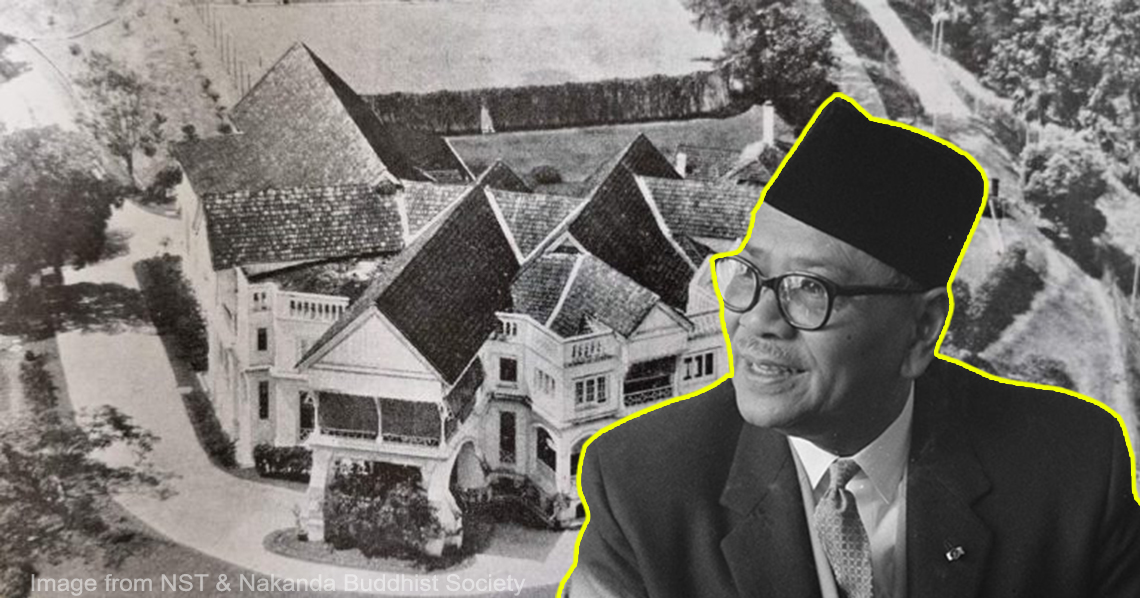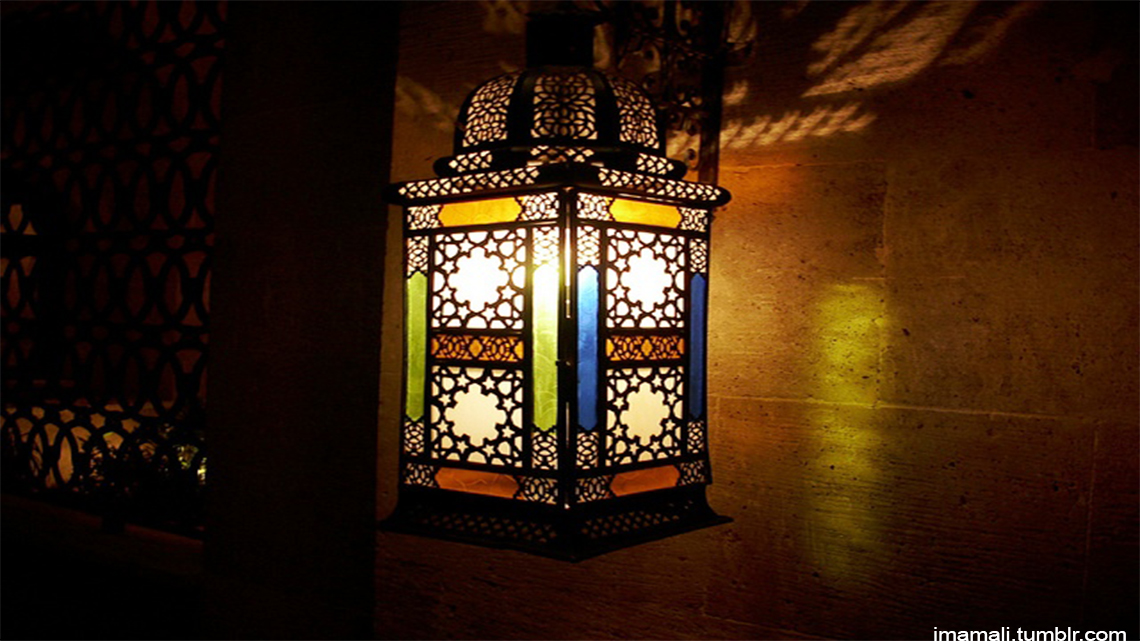Is it worse to be caught for drugs in Malaysia or Singapore? We ask a criminal lawyer
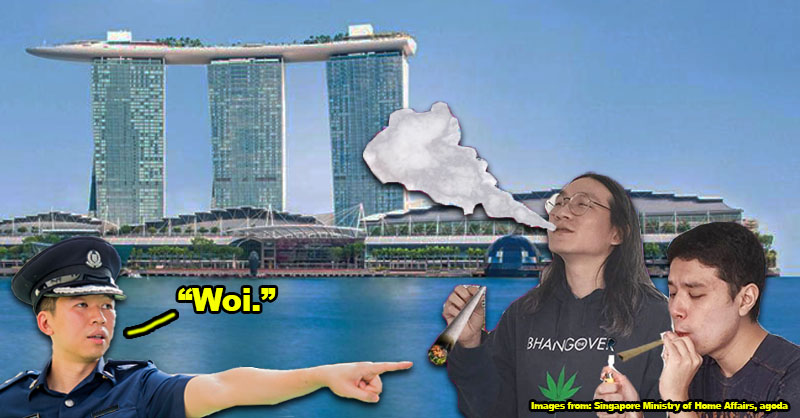
- 149Shares
- Facebook122
- Twitter6
- LinkedIn4
- Email6
- WhatsApp11
If there’s one thing you don’t do when traveling to Malaysia or Singapore, it’s bringing a goodie bag of illegal drugs with you. Both countries have a reputation for sentencing drug traffickers to death, and this reputation is made very clear the moment you step into the airports.
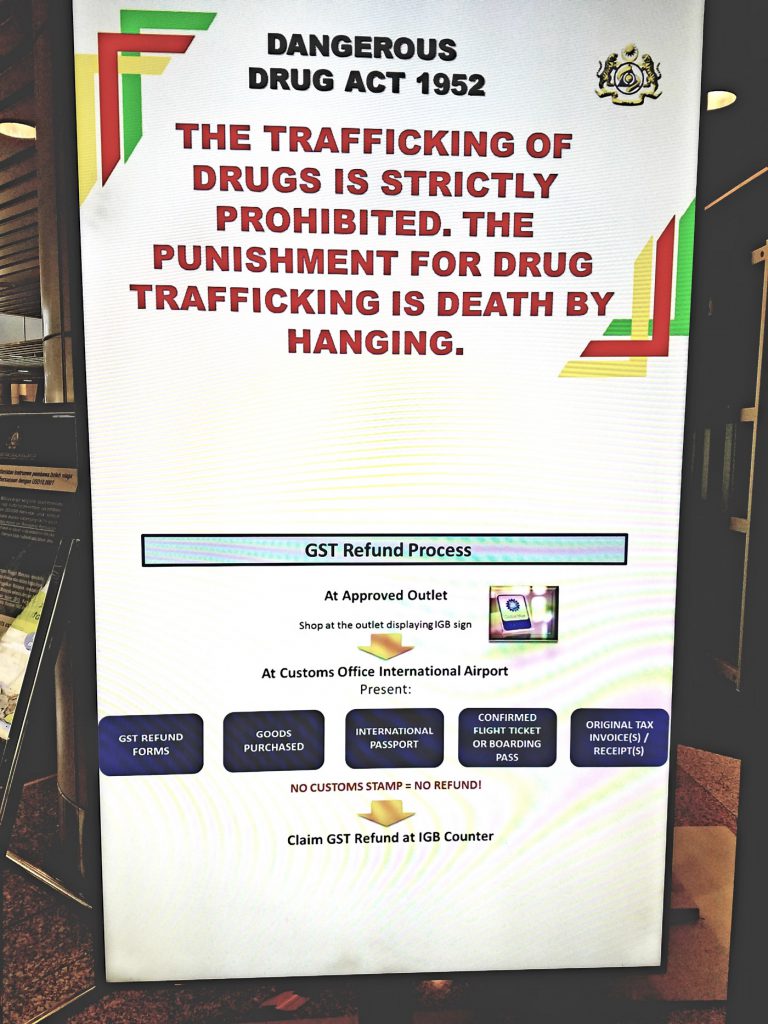
It may seem as though on the surface, Malaysia and Singapore have identical stances on drug trafficking; well, the result is the same right? But as it turns out, when you look at the nitty-gritty of it, they do have some slight differences when it comes to their drug regulations. Interestingly, there are even certain areas where Malaysia’s are more strict than Singapore’s.
For more details, we got in touch with Malaysian criminal lawyer Edwin Tomas, who once again graciously agreed to provide his input on the differences and similarities between the two.
But first, some history on criminal/drug laws in both countries, to give us an idea of how we got here.
Singapore’s tough stance on crime was ‘inspired’ by the Japanese during WWII
Yes, believe it or not, Lee Kuan Yew, Singapore’s founding father and first prime minister, was said to have been ‘impressed’ by the lack of crime in Singapore during the occupation years, as the punishments for criminal activity were very severe:
“As a result, I have never believed those who advocate a soft approach to crime and punishment, claiming that punishment does not reduce crime.” – Lee Kuan Yew, in ‘Singapore Politics Under The People’s Action Party’
Which of course, puts some perspective on why Singapore is so strict on, well, everything. And since drugs are seen as a serious crime in Singapore, the punishment is equally as serious.
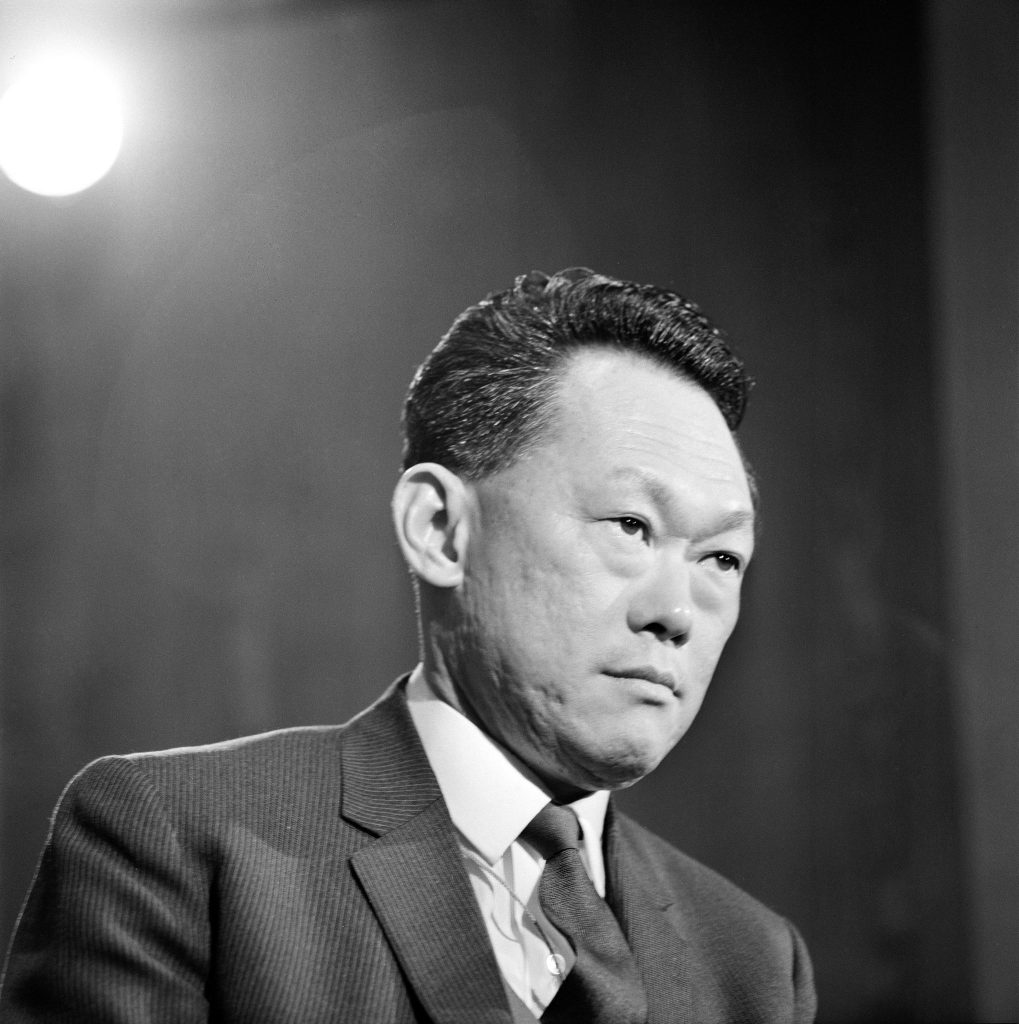
But interestingly, once upon a time, drug use was commonplace, and normalized even, in Malaya and Singapore. Opium was sort of a ‘comfort drug’ for the working class, and was even gifted to Johorean noble Temenggong Abdul Rahman in the 1800s by Sir Stamford Raffles in an act of goodwill. It was seen as no more harmful than, say, beer, back in those days.
However, sometime around the post-war years, this perception began to change, as opium was turning citizens into unproductive sotongs, and no one wants to hire an unproductive sotong. This sotong-ness led the British to ban opium in Malaya in 1945, introducing the Opium and Chandu Proclamation to combat opium trafficking. It was later replaced in both countries by their respective Dangerous Drugs Ordinances, in 1951 and 1952 respectively, and was later amended to extend prosecution to users as well as traffickers.
Fast forward to the 1970s, during the height of the international ‘war on drugs’ kickstarted by US President Richard Nixon; heroin use surged in both Malaysia and Singapore, leading to further amendments to drug laws, as well as the introduction of the death penalty for drug trafficking in both countries in 1975. Which of course, still stands to this day in both countries.
For the most part, yes, Malaysia and Singapore have identical drug laws
… which shouldn’t come as a surprise, given that we both got our laws from the British, and we both went on a similar trajectory on drug policy following independence. However, as mentioned earlier, there are some slight differences between our two laws, and as it turns out, Malaysia’s is stricter in some ways than Singapore’s… but not by much.
For instance, Singapore makes the distinction between a drug ‘courier’ and a drug ‘trafficker’, through the principle of ‘diminished responsibility’. If a suspected drug trafficker can prove that he/she was merely a ‘courier’/’mule’ (usually by snitching on other drug operations), he/she can be spared from the mandatory death penalty, getting a life sentence and rotan instead. Malaysia does not make this distinction, and couriers often do get sentenced to death. With that being said, Malaysian judges do have the discretion to hand down death OR life sentences for trafficking.
But there are also differences in the amounts of drugs that warrant a death sentence. According to Edwin, the amounts required as the threshold of the death penalty differ according to type of drug and the country. He was kind enough to provide us with a table that show these differences:
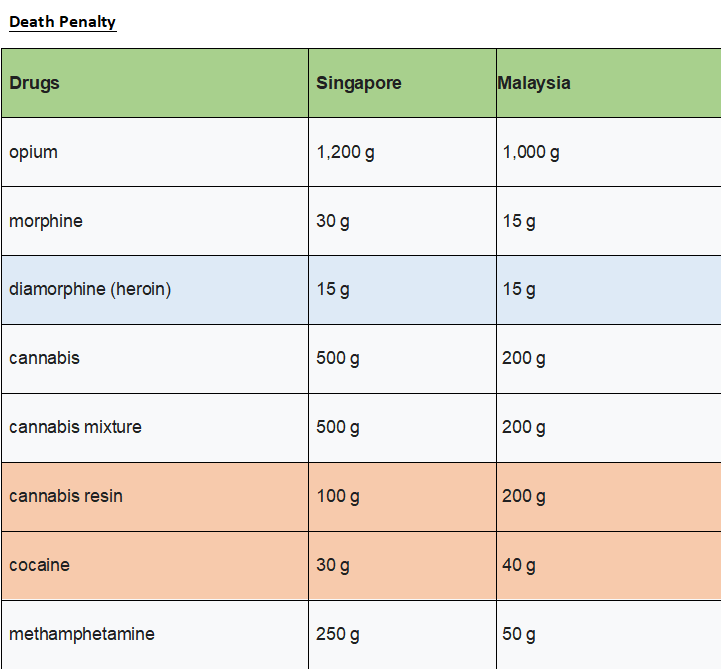
Elaborating on this, Edwin says:
“(The ‘strictness’) depends on what drug. For Heroin, both countries share the same amount to attract the death penalty, and for the rest in the table, Singapore requires a higher amount to attract the death penalty. TLDR; the higher the amount, the more ‘lenient’ it is. Hence, for example, Malaysia is more lenient with the death penalty when it comes to Cannabis Resin and Cocaine.” – Edwin Tomas
Oh, and of course, if you didn’t already know, medical cannabis is legal in Malaysia (with certain conditions), and the cultivation of ketum is allowed in certain states in Malaysia.
But what about strictness in enforcement? Well, we asked Edwin this too, and his answer was kinda expected:
Singapore appears to be stricter in terms of enforcement
Although we can’t straight up be 100% about that, because, well, it’s kind of hard to quantify this, we asked Edwin to elaborate on why he believed this was the case, and he gave some very valid points:
“Singapore is stricter in terms of enforcement due to it being a much smaller country hence enforcement is more efficient. Singapore is also one of the cleanest countries when it comes to corruption, making it more effective in terms of enforcement.” – Edwin Tomas
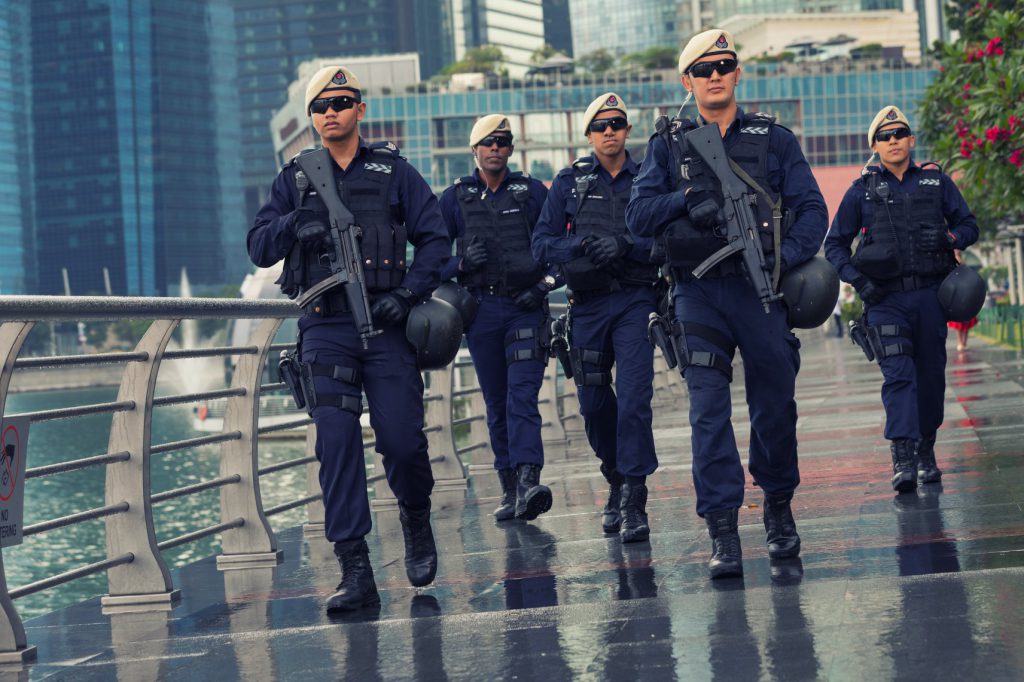
However, we did think of one way we could try to quantify the strictness in drug law enforcement: the amount and frequency of executions carried out by both countries. Unfortunately, tireless research to get those numbers from Singapore’s government proved fruitless, and even Edwin couldn’t help us out much there either as he did not have access to that data. We even reached out to Singapore’s Department of Statistics, who promptly replied within the same day (like they did for us before), and claimed to have forwarded our request to their Ministry of Home Affairs. Sadly, that’s where it ends; no juice from there either.
But as it turns out, we aren’t the only ones to struggle with this, as Singapore does not officially publish their execution statistics. According to Amnesty International:
“Official information about the use of the death penalty is shrouded in secrecy in Singapore. Some executions, but by no means all, are reported in the press.” – Amnesty International, January 2004
Based on rough estimates, Singapore at one point allegedly even had the highest number of executions per capita in 2004; though they may have fallen from the pecking order since then. Most recently, they’ve come under scrutiny for executing Malaysian national Nagaenthran K. Dharmalingam on the charge of trafficking heroin into Singapore. They were also due to execute another Malaysian national, Datchinamurthy Kataiah for a similar charge, but have granted him a stay of execution for the time being.
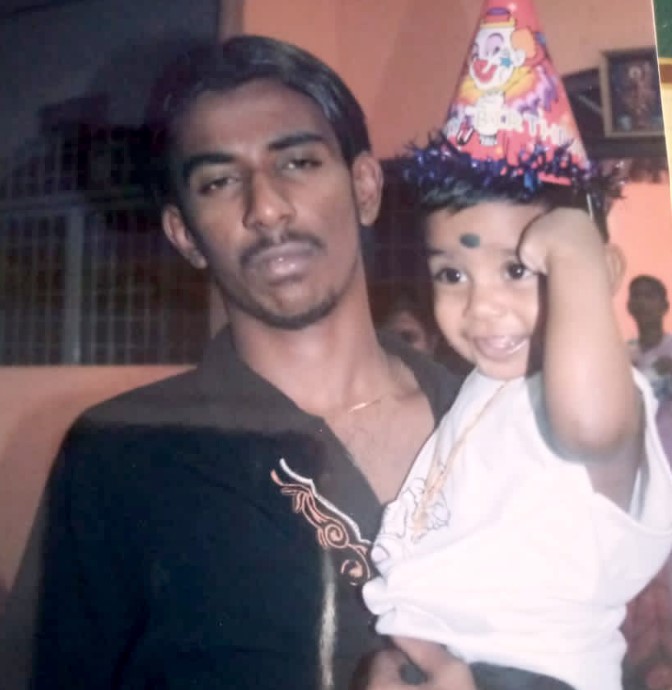
On the other hand, Malaysia has seen a downturn on death sentence numbers in recent years, based on data from the judiciary: 478 people have been sentenced to death from 2018-2021, but the number has been dropping every year from 2018. Which may have something to do with the ongoing moratorium on executions in Malaysia, meaning people can still be sentenced to death, but all executions have been halted… for now. The last person to be hanged in Malaysia (as far as we could find) was Ahmad Najib Aris in 2016, who was convicted for the infamous murder of Canny Ong. As of 2018, 469 people have been executed by Malaysia since independence in 1957.
After all’s been said and done, it’s hard to say if any one country has ‘stricter’ drug laws overall
Like we said earlier, it’s difficult to quantify, because ‘strictness’ isn’t something you can easily measure, nor do we have enough information to properly do so. However, we guess it’s safe to say that both countries have a very dim view of illicit drug trade. Although Malaysia has eased up a bit on the death penalty recently with its moratorium on executions (though it continues to hand out death sentences), it doesn’t look like Singapore is planning to do the same anytime soon, despite calls from critics to do so:
“The Government has the responsibility of ensuring the safety and security of Singaporeans. Our tough laws, including the death penalty, and strict enforcement of the laws, have made Singapore one of the safest places in the world.” – Singaporean Ministry of Home Affairs
This view was echoed in multiple government surveys of Singaporean citizens and non-citizens.
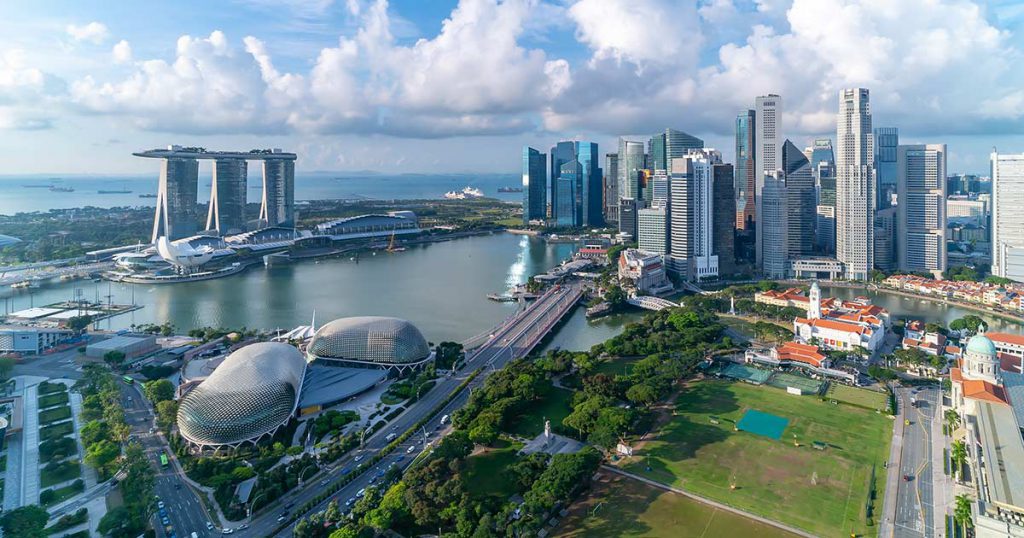
But what does Edwin personally have to say on the death penalty, as a criminal lawyer himself?
“I think Malaysia should do away with the death penalty for drug trafficking. The sad reality of life is that it is the low-level drug mules that often suffer from drug trafficking, not the masterminds of the syndicates. In some cases, an alleged drug trafficker may even be innocent or have been framed. Doing away with the death penalty removes the possibility of taking away an innocent life.” – Edwin Tomas
Well, there you have it. It’s a hard no from Edwin, and he isn’t alone in the legal community on that stance. But despite what anyone says or thinks, the death penalty (whether on paper or in practice) continues to exist, and appears to be staying in both countries’ respective laws for the foreseeable future.
- 149Shares
- Facebook122
- Twitter6
- LinkedIn4
- Email6
- WhatsApp11


